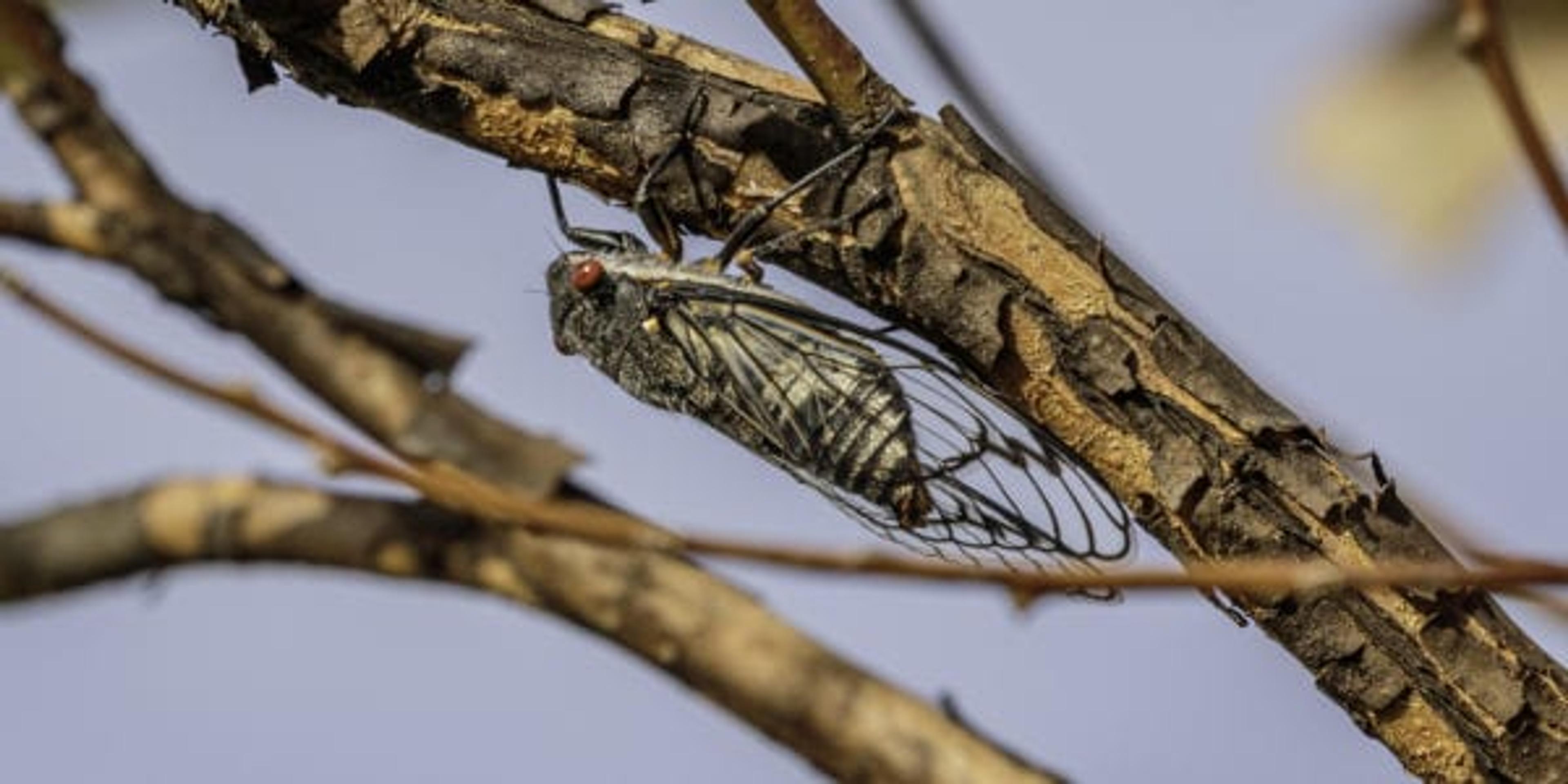Brood X Cicada Invasion: Will It Affect Your Home and Garden?
Shandra Martinez
| 3 min read

Lots of homes across Michigan will have some noisy new neighbors this summer as trillions of Brood X cicadas are expected to emerge from the ground in a swath of states from the East Coast to the Great Lakes.
These red-eyed, six-legged bugs are up to 2 inches long and can look pretty alarming. Their sound will get your attention, too. Using their midsection, they produce a loud buzzing noise to attract possible mates. When they gather in groups, this noise can reach 100 decibels – about the same sound level as a lawn mower, jackhammer or motorcycle. With their unusual looks and sound, some people wonder how this invasion of Brood X cicadas will affect their homes and outdoor garden areas.
Fast Facts about Brood X. The cicadas emerging from the ground this summer are a group of what’s called periodical cicadas. They spend the majority of their life under the soil and emerge after 13 or 17 years, according to The Nature Conservancy, a U.S.-based environmental nonprofit group. This year’s population, or brood, is called Brood X and it’s one of the largest periodical populations. This particular group has been underground for 17 years.
Here’s a quick overview of the brood:
- These cicadas began emerging in mid-May. Most will be dead by Labor Day.
- They emerge when the soil in their area reaches about 64 degrees at a depth of 18 inches.
- They are expected to emerge in at least 15 U.S. states this summer, including Michigan.
- Once they come out of the ground, they shed their shells and develop wings.
- Cicadas try to find hardwood trees or shrubs where they can eat sap and the females can deposit their eggs.
- Once new cicadas hatch on trees, they fall to the ground and burrow under the soil.
- The next batch of Brood X will emerge in 2038.
Do cicadas bite or sting? These red-eyed bugs may look fearsome, but Brood X cicadas will not bite or sting. Their heads are designed for sipping the sap of trees. They have no jaws or mandibles like other insects. They have no stinger. They want to stay outside, not be inside your home. You may see one flying close to you, but if they accidentally bump into you, don’t worry. Cicadas don’t want anything to do with humans. If they land on you by mistake, you might feel the grips of their little legs on your skin, but they will not harm you.
Garden and tree damage. All your garden plants and flowers will be safe from cicadas. These insects only sip sap from trees. They do not nibble green plants or blossoms. If you have mature trees and shrubs in your yard, you may see some minor damage caused by cicadas making tiny slits in a branch to lay their eggs. But this damage should be temporary. Most people won’t notice.
If you have small trees and you don’t want cicadas near them, you can put temporary netting over the trees for the summer, The Nature Conservancy suggests. The biggest thing some people may notice is lawn damage caused by all the emerging cicadas. People might see small holes in their yards or even little “mud tunnels” caused by the insects burrowing out of the soil. If you see this in your yard, you can lightly rake over the spot and put down a little grass seed to repair the damaged areas.
Related:
Photo credit: Getty Images





